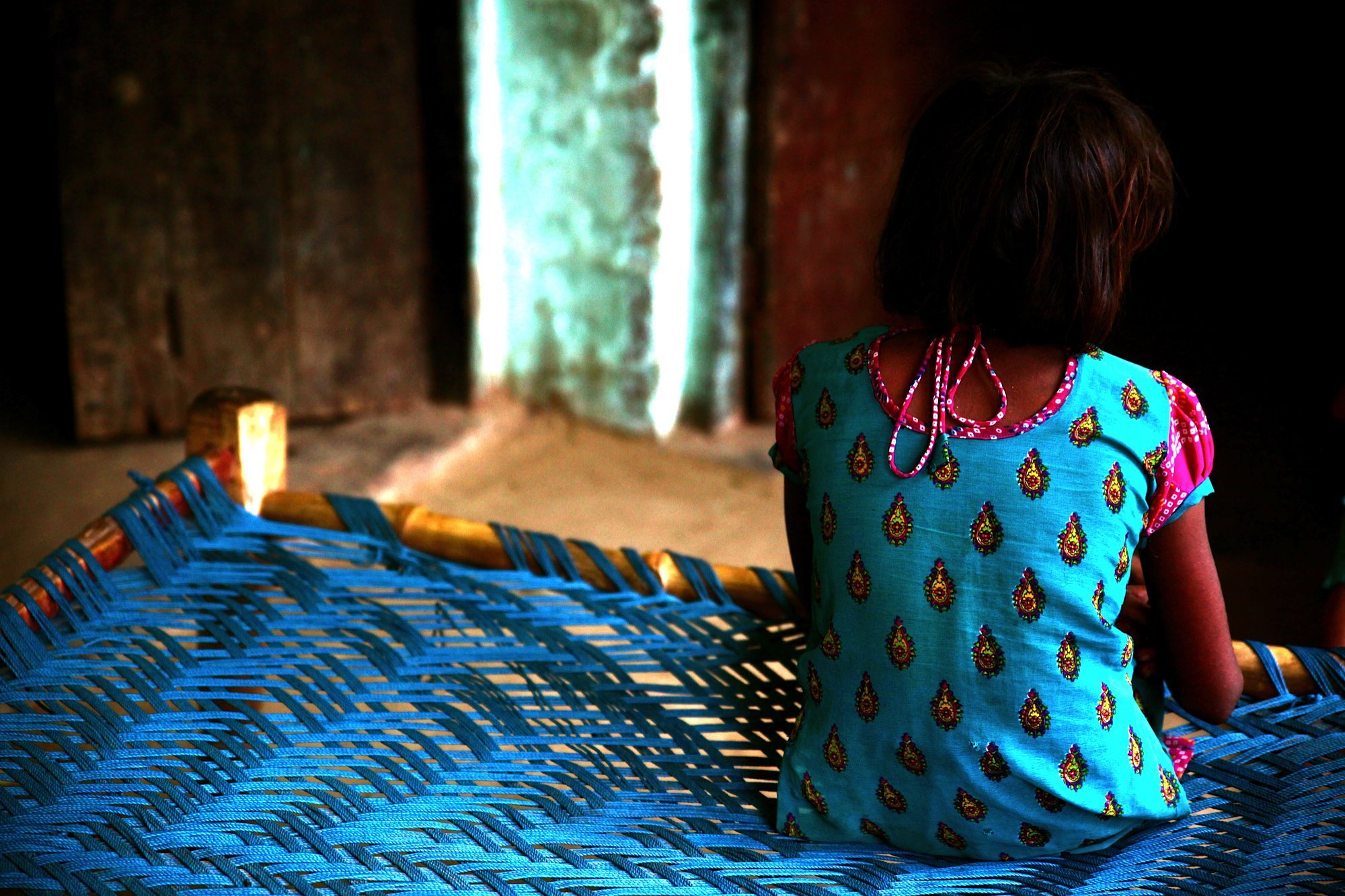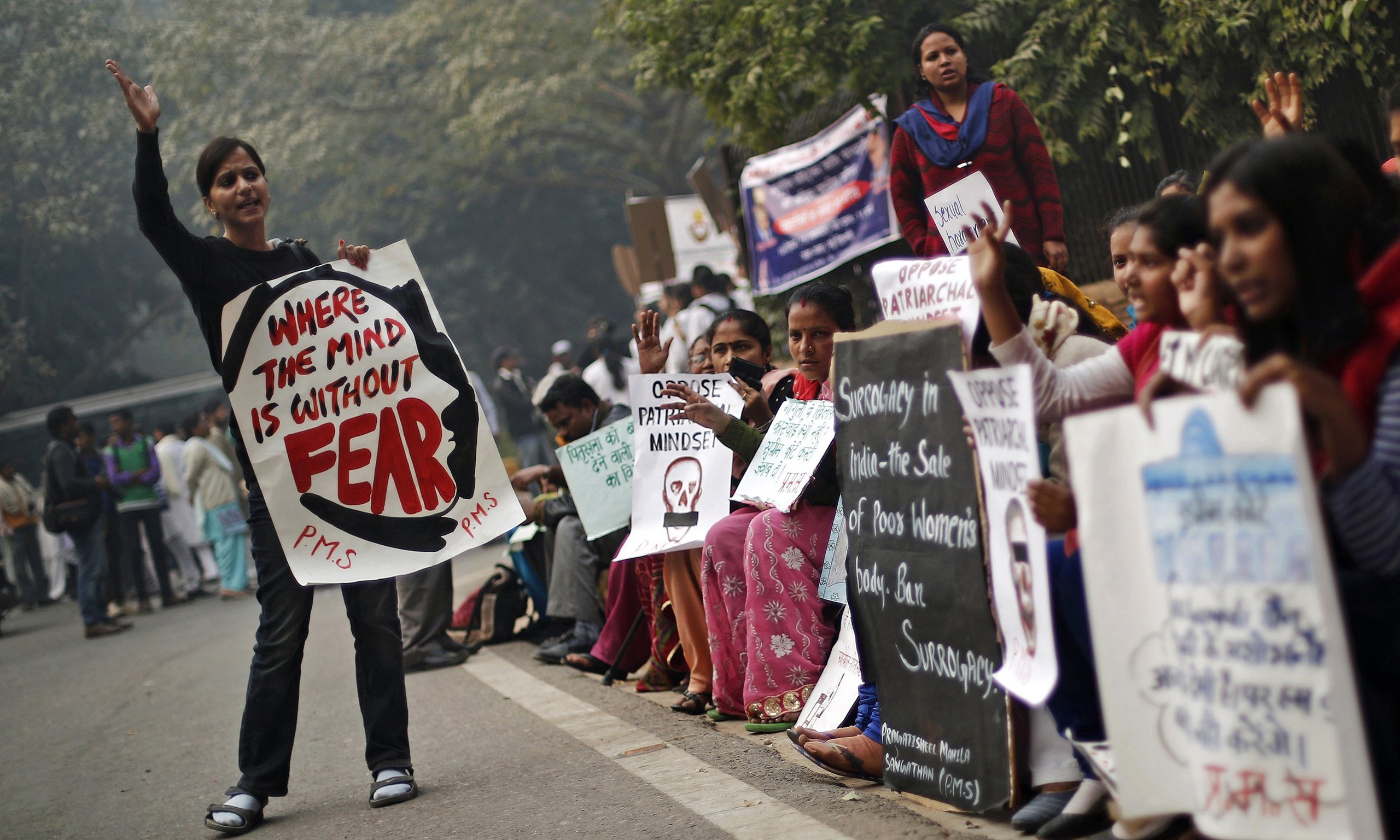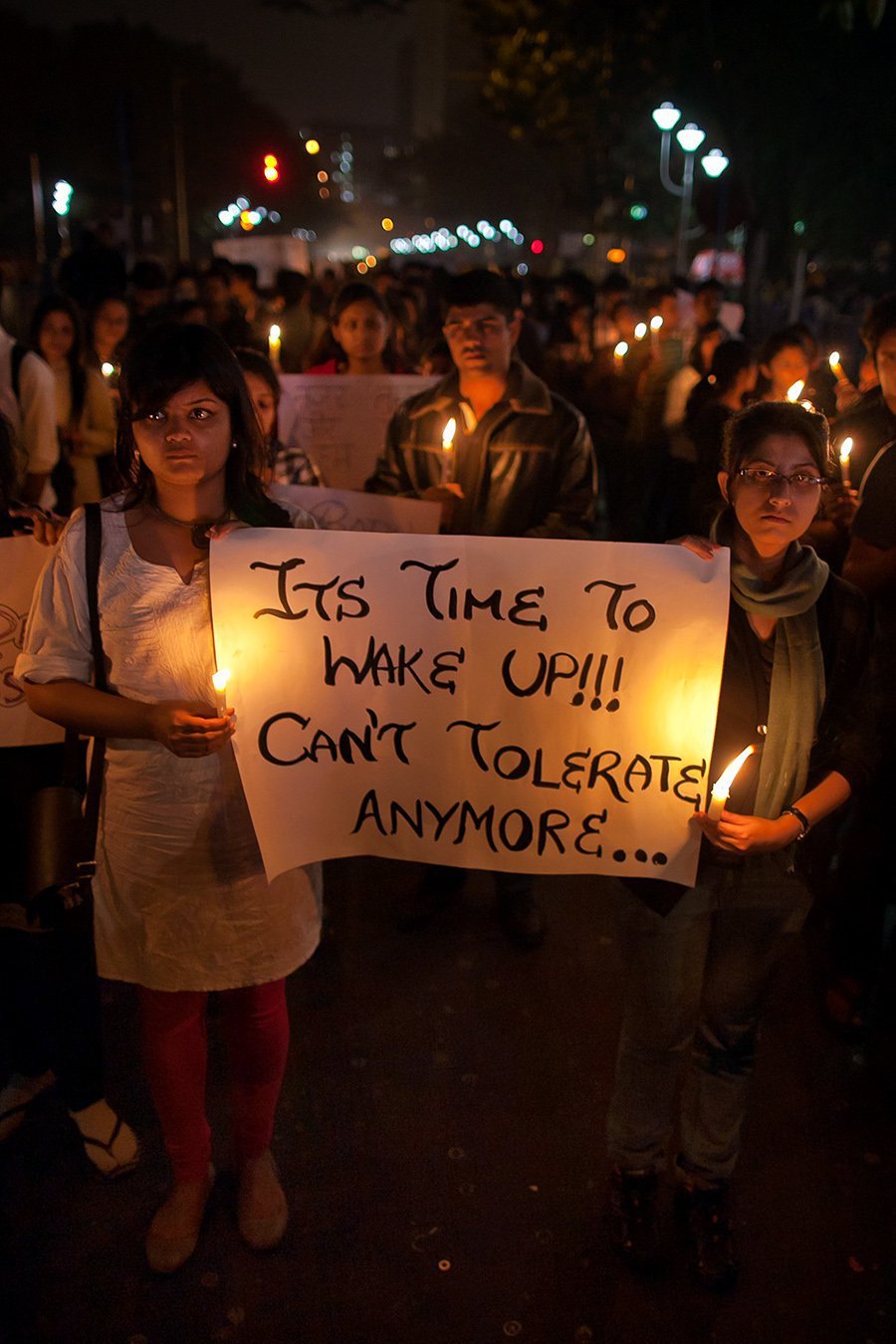14-year-old Preeti (name changed) from Delhi was raped by a 40-year-old man when she refused his advances. She was shattered and confused as to what had just happened to her. Totally clueless at first, she later mustered courage with the support of her parents and registered a complaint with the police. The poor girl thought it was all over and that the culprit would soon be behind the bars. Little did she know that the pain and suffering had just begun and that she would be made to go through that fateful night again and again and again.

She was taken to a doctor to test for rape. To her horror, the doctor inserted two fingers in her vagina. Wailing, she shouted, “NOOOO!”
Tears rolled down her cheeks and her head hung in fear and shame. ONCE AGAIN!
This isn’t just Preeti’s story. Several women across India are subjected to the torture of rape again and again.

The two-Finger Test
The two finger test or the virginity test, as it is called, originated way back in the 18 th century and allows doctors to inspect the victim’s hymen to verify her rape claim. The test supposedly tests vaginal laxity to decide if the victim is habituated to intercourse.
After getting a lot of flak for this process to determine rape, the Indian health ministry finally decided to get done with it in March 2014, declaring it unscientific. The guidelines came eight months after the Supreme Court declared it as a violation of the victim’s privacy.
However, a majority of doctors in India still follow it religiously, not giving two hoots about the law or the victim.
You can do a lot of things with two fingers. Eat. Whistle. Write. But what you definitely should not do with them is test someone for rape. Here’s why:
The test aims at figuring out if the victim has had sexual intercourse and if she is habituated to it. However, even if she has, it proves no point. A lot of daily activities such as swimming, cycling or playing have been known to break a woman’s hymen. Also, the presence or absence of hymen or the vagina’s width have no relation to virginity or sexual activity.
Information about past sexual conduct is anyway irrelevant. The victim has a right to protect her private life under Article 21 of the Indian Constitution and no one, not even the doctor, can question her in this regard.

Alternative
A lot of countries take the DNA test to find evidence in case of rape. India can perhaps learn a lesson or two from the U.S.A. and the U.K. who use a set of Sexual Assault Forensic Evidence (SAFE) kit and only a Sexual Assault Nurse Examiner (SANE) is allowed to collect DNA evidence from the victim’s body.


















